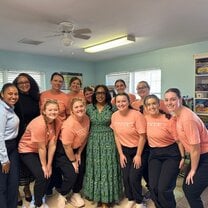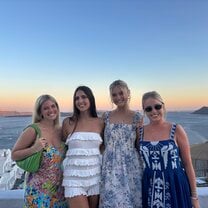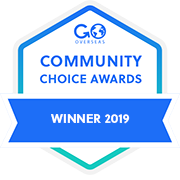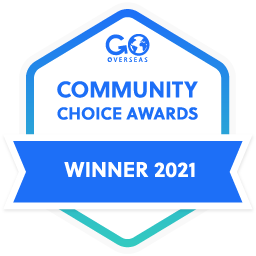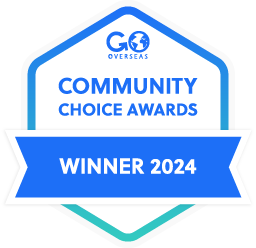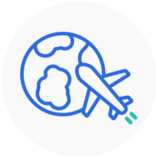My advice would be to really take advantage and network out there. You meet so many people from SLP professors, members from your team, team leaders, psychologists, teachers, and DREAM staff members. Everyone out there is so friendly and willing to help. Exchange emails, numbers and build connections. Remember these people are also on the same page to become SLPs or some of them already went through the process. I recently sent my statement of purpose to one of the professors, that was on the team and he is helping me build my statement of purpose.
Another advice would be to take a journal and write what you did each day. Your journal might help you when writing your statement of purpose or it can just be something to look back and see all the amazing things you did out there.
The first few days before camp starts, we were preparing our activities as well as getting to know one another and exploring the town of Cabarete. Once camp started, we would meet after breakfast to do a quick overview, questions, or an ice breaker. We would then head over to the school and had about 30 minutes to set up before the children arrived.
Once the children arrived, we would play with them for about 10 minutes and then gathered outside to sing our welcoming name song. After we would all head over to the first activity, which was literature. Then we had basic concepts, behavior regulation, gross motor, snack time and lastly pretend play. These activities were selected by us and we were paired with another team member interested in the same activity. When the last activity was done, we all gathered outside again and sang a song or two and a good-bye song with their names.
After the children left, we gathered and had lunch at the school and debriefed. We would share our glows and grows of the day. When we were done eating we would then have a break for about 1-3 hours depending on the agenda. Some days we had observations that would only give us about an hour break. We would then come back to the school and observe a speech therapy session done by one of the speech pathologists on the team. The therapy sessions were very interesting and helpful to observe.
After we would have a break until it was time for dinner. We would all go to dinner together in a nice and relaxing place by the beach.
After dinner, we would meet at the hotel to go over our activities for the next day and to make sure everyone was on the same page. Most of the time we were free before 9 pm and had the rest of the night to relax, go for a night swim or prepare for the next day.
It might seem like a long day but you will enjoy every single moment of it!
The day before my trip to the Dominican Republic, I was very excited but at the same time nervous (like many of us have felt). Many “what ifs” came to my mind. The main one was “what if I get sick?”. I went during the time when it was all over the news that Americans had been dying in the Dominican Republic, so of course, I freaked out. Most of those deaths had happened due to alcohol in certain resorts. As a member of the therapy abroad team, we were not allowed to drink alcohol which was good because then I did not have to worry about getting sick and it was one less thing on my mind to worry about.
It is okay to have these “what ifs” cross your mind; I mean, we are traveling to another country by ourselves. Another thing that helped me was taking a deep breath and just concentrating in the moment instead of worrying about the future. Once you arrive, you really forget about all the “what ifs” prior to arrival. Cabarete is a really beautiful and relaxing place to be.









